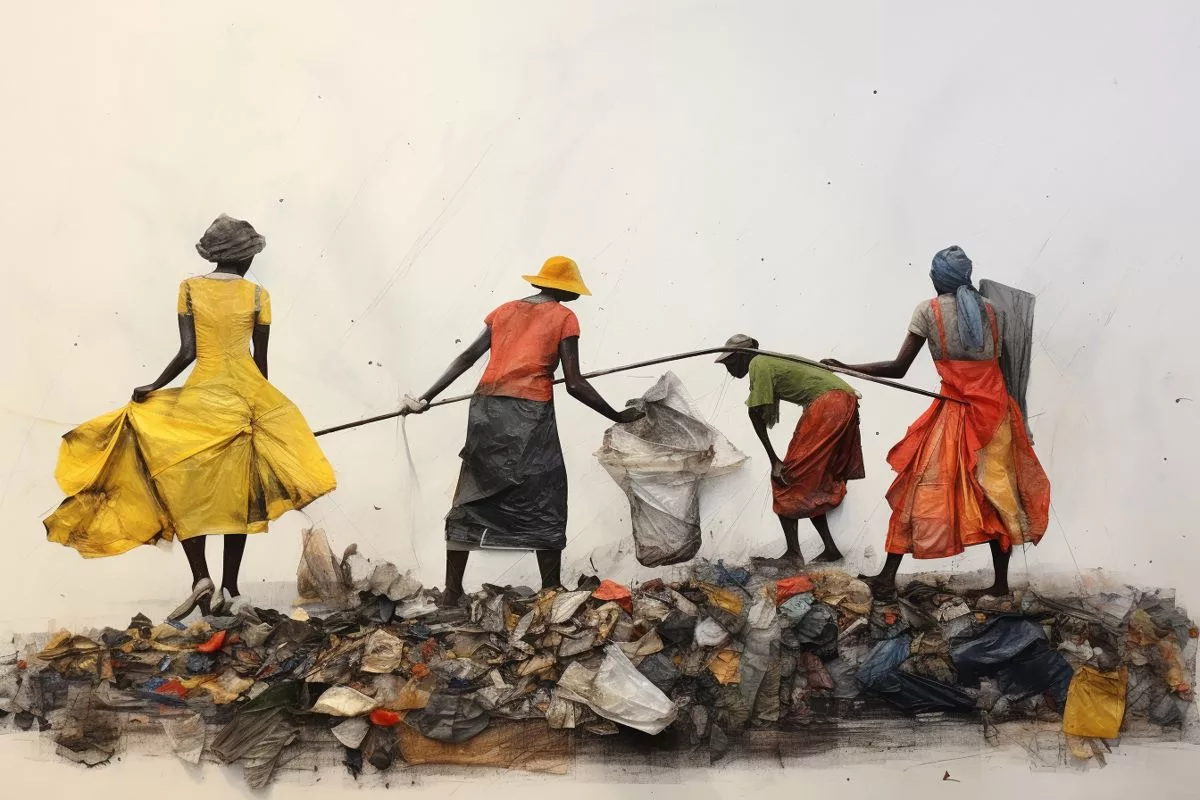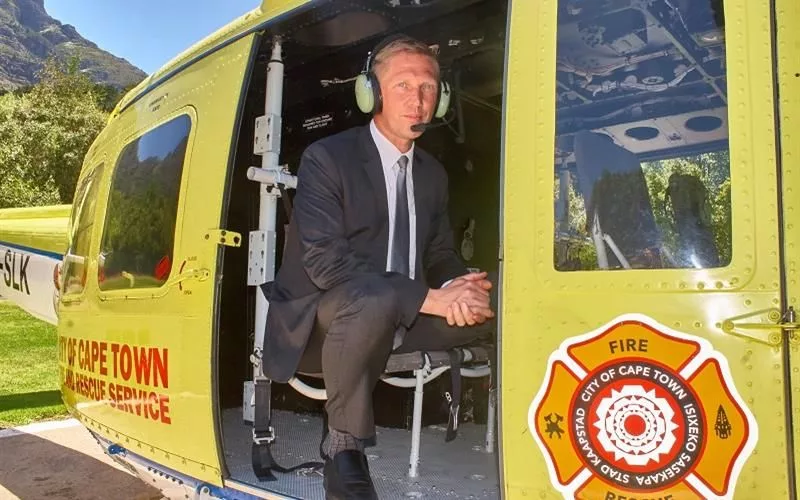In a powerful speech, Deputy Minister of Mineral Resources and Energy, Dr. Nobuhle Nkabane, highlighted the importance of South Africa’s elderly population and their significant contributions to society. The article explores the challenges faced by this population and the solutions being developed, including expanding electricity access and building top-tier health centers within communities. The government is dedicated to promoting social transformation and collaborating with various organizations to establish inclusive communities and ensure the elderly can lead more diverse, meaningful, and gratifying lives. Valuing and acknowledging the contributions of the elderly is integral to communities’ growth.
“Reflecting on the Past and Future of South Africa’s Elderly Population: A Comprehensive Review” – This article explores the challenges faced by South Africa’s elderly population and the solutions being developed. The Deputy Minister of Mineral Resources and Energy emphasizes the significant contributions of the elderly in shaping society and the DMRE’s dedication to improving their lives through social reforms and collaborative efforts. The government is making strides in expanding electricity access and building top-tier health centers within communities. Valuing and acknowledging the contributions of the elderly is integral to communities’ growth.
In an enlightening speech delivered by the esteemed Deputy Minister of Mineral Resources and Energy, Dr. Nobuhle Nkabane, the importance of elders in our society was emphatically highlighted. He drew inspiration from the words of South Africa’s inaugural democratically-elected president, Nelson Mandela, who reminded us that a society that neglects its elderly is one that disregards its heritage and endangers its future. This article will explore the key topics discussed by Dr. Nkabane, offering a comprehensive review of the challenges faced by South Africa’s elderly population and the subsequent solutions being developed.
Acknowledging the Elders: Their Contributions and Challenges
In a stirring speech, Dr. Nkabane emphasized the significant contributions of the elderly in shaping our society. Commending the role they played in building the foundations of our democracy and the nation’s infrastructure, he acknowledged their individual and collective wisdom as the nation’s pillar of strength.
In observance of the World’s International Day of Older Persons, commemorated on October 1st, Dr. Nkabane communicated the Department of Mineral Resources and Energy’s (DMRE) dedication to improving the lives of the elderly. The occasion served not only to honor the elders but also to critically examine the struggles they face and seek sustainable solutions to their problems.
Basic Necessities: The Electricity Crisis
The DMRE acknowledges the considerable impact of persistent electricity interruptions and load shedding on the elderly population. The government understands their dependence on electricity for everyday activities and is making concerted efforts to address this problem.
Despite the hurdles, it is worth mentioning that most of the population now enjoys electricity access – a privilege that was rare before 1994. The current government has significantly increased electricity accessibility from a mere 34% in 1994 to an impressive 92% today.
The Integrated National Electrification Programme (INEP) continues to expand electricity access, connecting over 673,946 households under the 6th administration. The ultimate aim is universal electricity access, a goal the government is steadfastly striving to accomplish.
Health and Social Reforms:
Considering the health issues many elders grapple with, the DMRE, in partnership with various mining companies, has built top-tier health centers within communities. In the past couple of years, three medical facilities have been constructed as part of the Social and Labour Plan (SLP) projects in Mpumalanga.
The SLPs form part of a licensing agreement that facilitates the coexistence of mining companies and mining communities. These initiatives have made possible more infrastructure projects, including schools and road networks, within these communities.
The government is dedicated to promoting social transformation and has rolled out extensive social protection initiatives for society’s most vulnerable. With the anticipated rise in the population of individuals aged 60 and above, these initiatives are especially crucial.
Collaborative Efforts for Improved Living Standards:
The DMRE has announced its commitment to collaborate with other government departments, local municipalities, the private sector, and civil society organizations to establish inclusive communities. Collective efforts are essential in ensuring people not only live longer but also lead more diverse, meaningful, and gratifying lives.
A Word of Appreciation to Supporters of the Elderly:
Dr. Nkabane expressed his appreciation to all those who contributed to the success of the Elderly Persons Programme. He stressed that valuing our elders and acknowledging their contributions is integral to our communities’ growth.
In conclusion, the Elderly Persons Programme in Mpumalanga demonstrates the government’s dedication to honoring its elderly citizens. By acknowledging their past contributions and working towards bettering their present and future, the program serves as a beacon of hope and respect for the elderly.
1. What is the significance of South Africa’s elderly population according to Dr. Nobuhle Nkabane’s speech?
Dr. Nobuhle Nkabane emphasized the significant contributions of the elderly in shaping society and the DMRE’s dedication to improving their lives through social reforms and collaborative efforts.
2. What are the challenges faced by South Africa’s elderly population?
South Africa’s elderly population faces challenges such as electricity interruptions, load shedding, and health issues.
3. What is the government doing to address the electricity crisis for the elderly population?
The Integrated National Electrification Programme (INEP) is working to expand electricity access and connect households. The government is dedicated to achieving universal electricity access.
4. How is the government improving health for the elderly population?
The DMRE, in collaboration with various mining companies, has built top-tier health centers within communities. Social and Labour Plan (SLP) projects in Mpumalanga have made it possible to construct medical facilities, schools, and road networks within these communities.
5. What is the government doing to establish inclusive communities for the elderly population?
The DMRE is committed to collaborating with other government departments, local municipalities, the private sector, and civil society organizations to establish inclusive communities.
6. What is the significance of valuing and acknowledging the contributions of the elderly in South Africa’s communities?
Valuing and acknowledging the contributions of the elderly is integral to communities’ growth, according to Dr. Nobuhle Nkabane. The Elderly Persons Programme in Mpumalanga serves as a beacon of hope and respect for the elderly.








